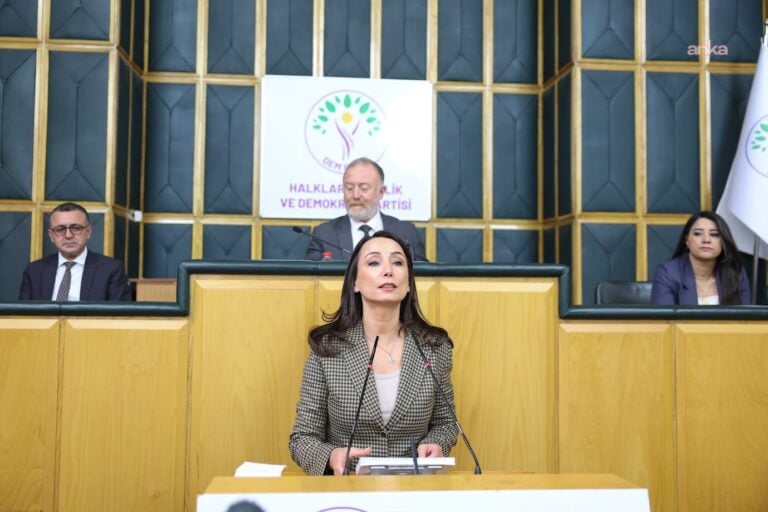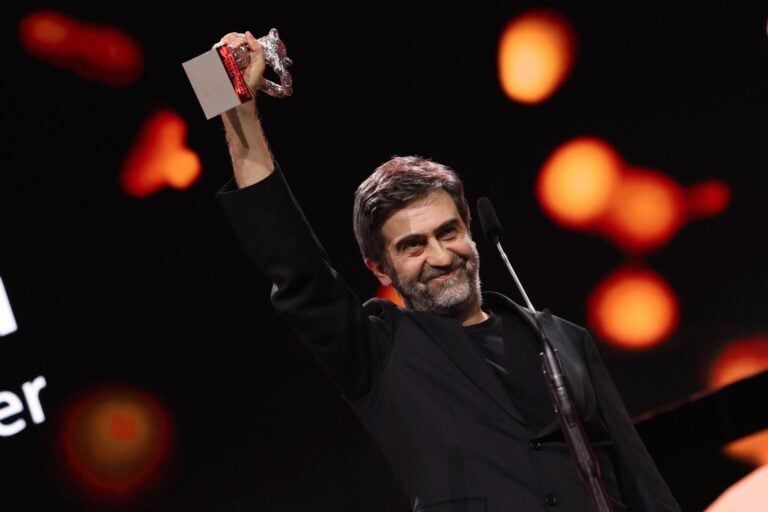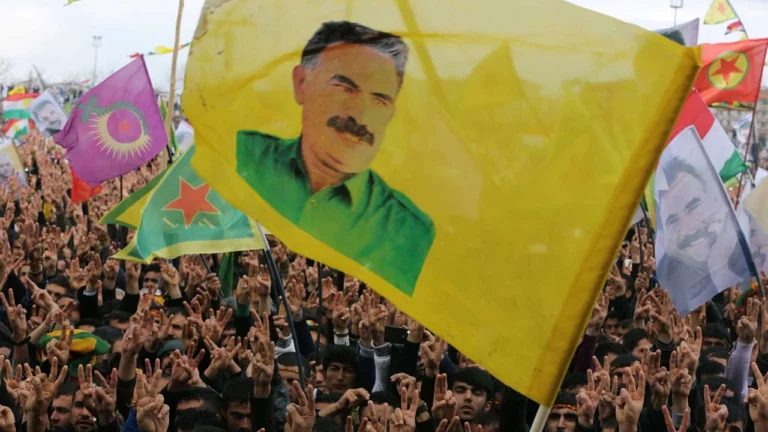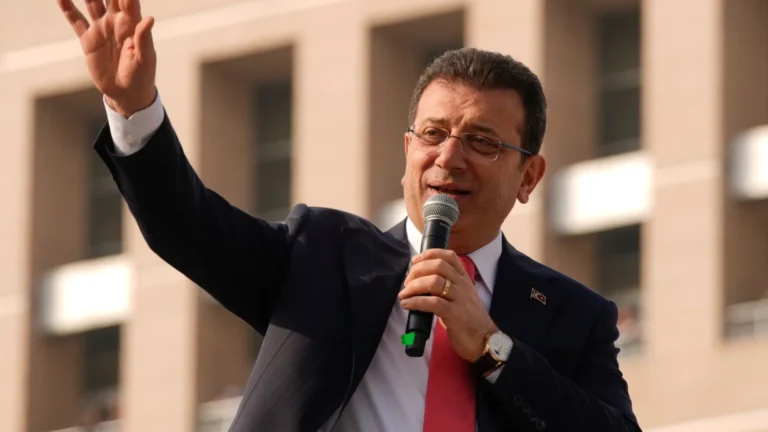Turkey’s Justice Ministry has formally lodged an appeal against a European Court of Human Rights (ECHR) decision that called for the release of Selahattin Demirtaş, the former co-leader of the pro-Kurdish party HDP, who has been imprisoned since 2016. The appeal, submitted one day before the ECHR’s ruling was due to become final, requests a retrial by the Court’s Grand Chamber.
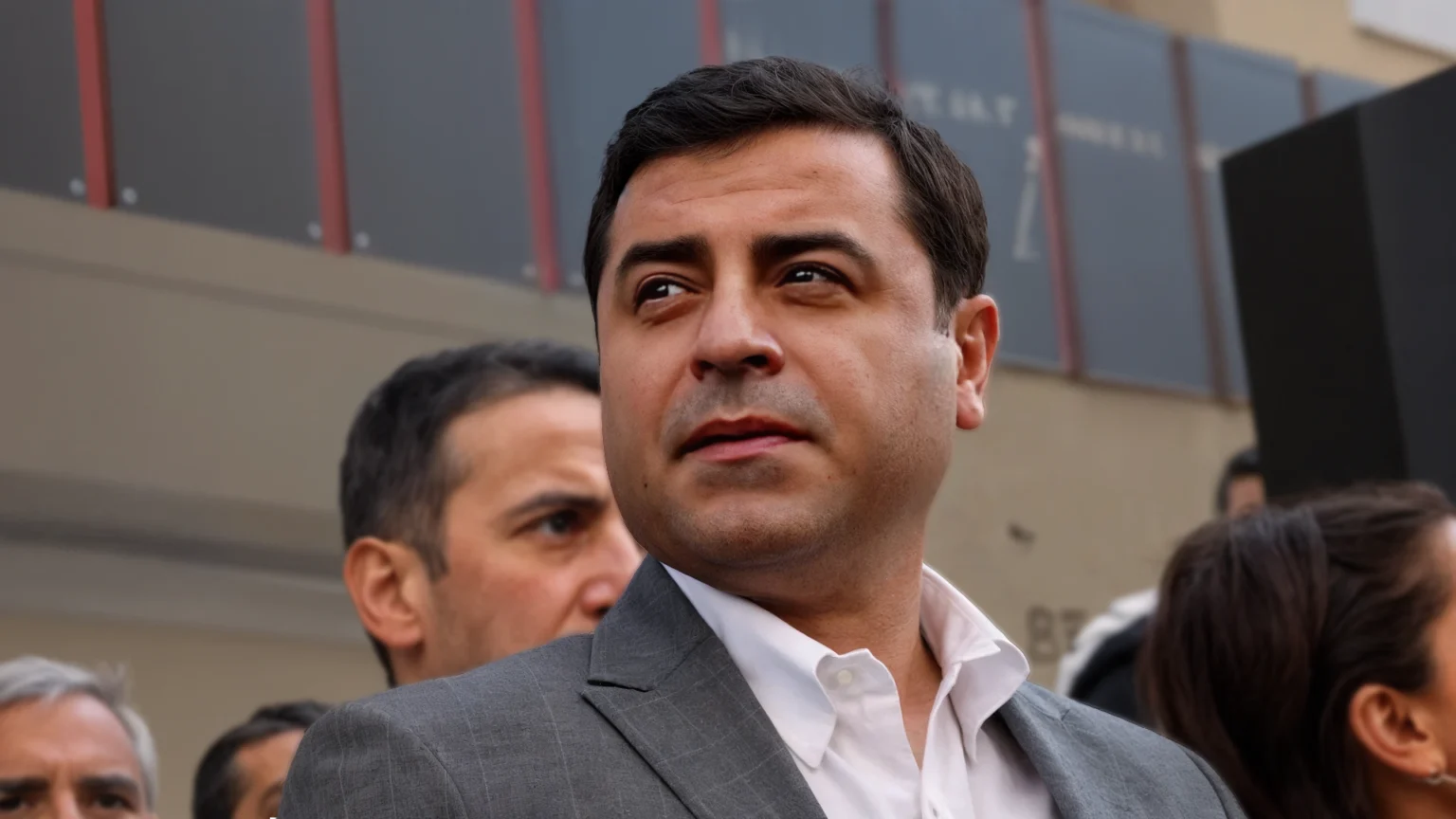 |
| Turkish Justice Ministry appeals ECHR ruling on Demirtaş Turkish Justice Ministry appeals ECHR ruling on Demirtaş |
The July 8, 2025, ruling found that Demirtaş’s detention breached his right to liberty and security and that some measures ordering his detention were politically motivated. The court said domestic courts had not considered less restrictive measures and that the 2019 detention order lacked sufficient legal justification. Turkey’s application for referral pauses the finalisation of the ruling while the court decides whether the case should be reheard by a 17-judge Grand Chamber.
Turkey’s Justice Ministry insists that the ECHR decision was “premature” and argues reconsideration is warranted. Domestic courts have echoed this stance, with an Ankara court rejecting multiple release applications on the basis that the ECHR judgment is not yet legally final. President Recep Tayyip Erdoğan has publicly said that foreign judgments do “not bind Turkey,” refusing to immediately implement rulings in similar cases such as that of Osman Kavala, whose case triggered an infringement procedure for the first time in the Council of Europe’s history.
Demirtaş’s imprisonment
Selahattin Demirtaş, HDP’s co-chair and the party’s 2014 presidential candidate, was first detained on 4 November 2016 after a request by the Diyarbakır prosecutor’s office. Turkish authorities charged him with offences including membership of an armed terrorist organisation and publicly inciting criminal acts. A separate Istanbul court once sentenced him to four years and eight months on a terrorism-propaganda charge. In the so-called Kobani case — a mass trial arising from unrest in October 2014 over the Syrian border town of Kobani — an Ankara court sentenced Demirtaş on 16 May 2024 to 42 years in prison on multiple counts. The court published its reasoned decision on 25 June 2025, and the file was transmitted to the Ankara Regional Court of Appeal on 24 September 2025. Demirtaş has been held in custody for roughly nine years.
The ECHR has made adverse findings in Demirtaş’s favour on multiple occasions, first in November 2018, then in a Grand Chamber ruling in December 2020, and again in the July 8, 2025, second-section judgment now under appeal.
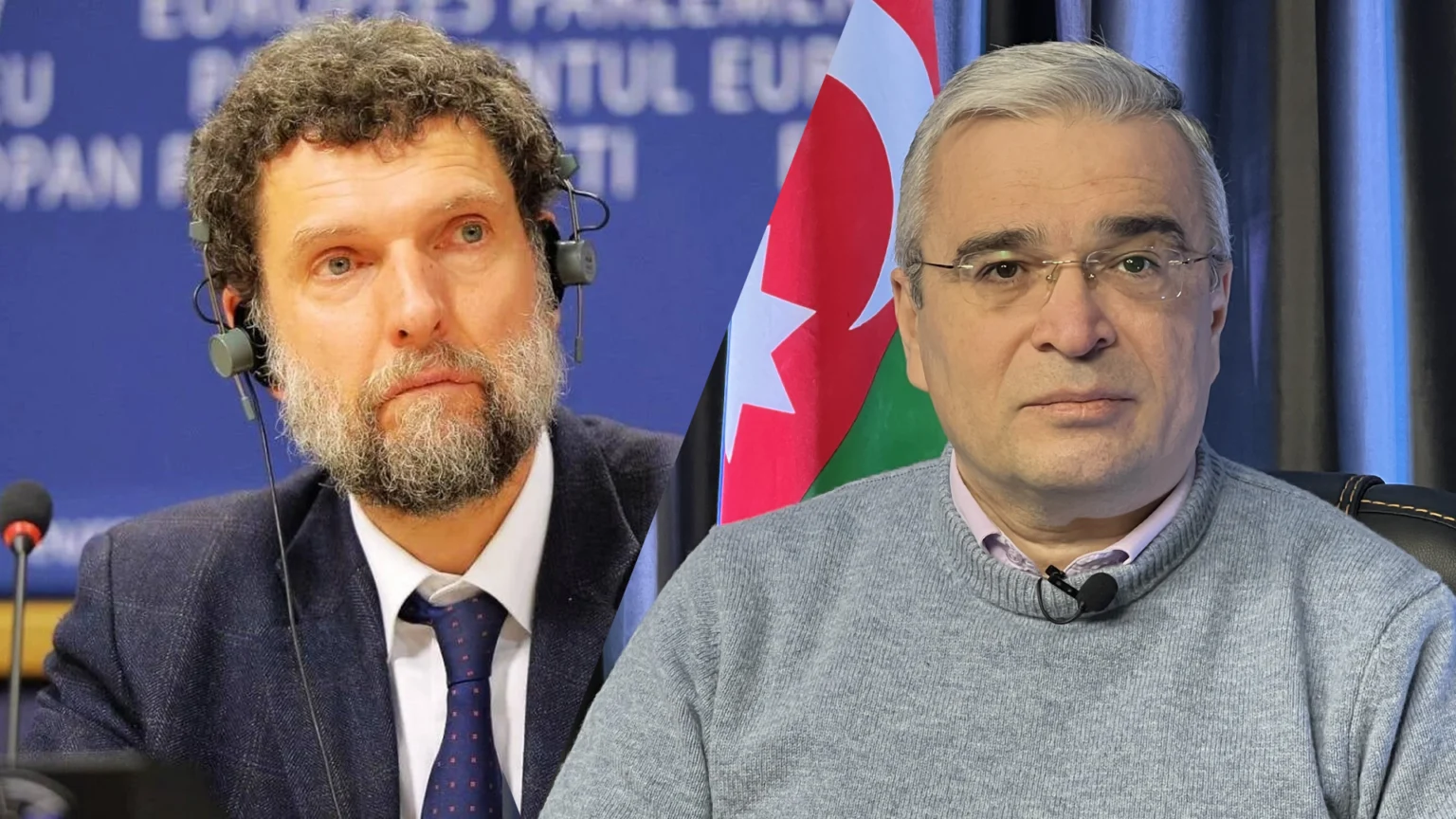 |
Parallels to Kavala and Mammadov cases
The Demirtaş case has been compared with the 2019 Osman Kavala judgment, in which the ECHR ordered the release of the businessman and philanthropist. Turkey did not implement that ruling, prompting the Council of Europe’s Committee of Ministers to open an infringement procedure in late 2021 — a rare step in the organisation’s supervisory system. The Kavala case remains unresolved, and he remains imprisoned despite the ruling.
Another precedent is Azerbaijan’s 2014 detention of opposition politician Ilgar Mammadov, whose release was ordered by the ECHR. Baku ignored the ruling, triggering an infringement procedure in 2017. After six years of diplomatic pressure, Mammadov was released in 2018 and fully acquitted in 2019, and the Committee of Ministers closed the case in 2020.
Potential consequences
If Turkey’s appeal is rejected, the ECHR’s July 8 ruling will become final and legally binding, obliging Ankara to release Demirtaş and remedy the violations identified by the court. Supervision would pass to the Council of Europe’s Committee of Ministers, which monitors compliance with Strasbourg rulings. Continued non-compliance could trigger another infringement procedure, escalating political pressure, and diplomatic measures, potentially including suspension of Turkey’s voting rights or, in an extreme scenario, expulsion from the Council — a step never yet imposed on a member state. The only comparable instance occurred in 1969 when Greece’s military junta withdrew voluntarily to avoid expulsion.
Continued defiance would also deepen Turkey’s isolation within European institutions and further strain its relationship with the European Union, which considers compliance with ECHR rulings a key measure of rule-of-law standards. Should Turkey refuse to release Demirtaş after a final judgment, it would repeat past confrontations and risk becoming the focus of a second unprecedented infringement procedure within the same decade.






